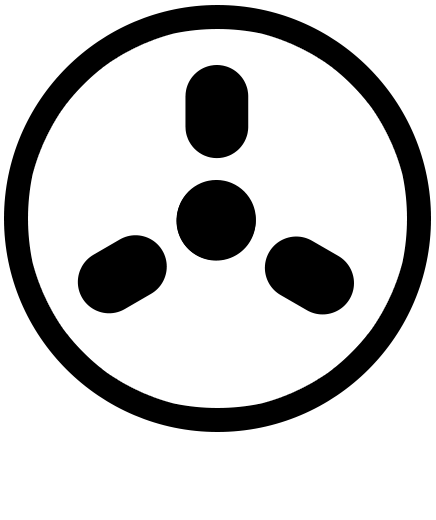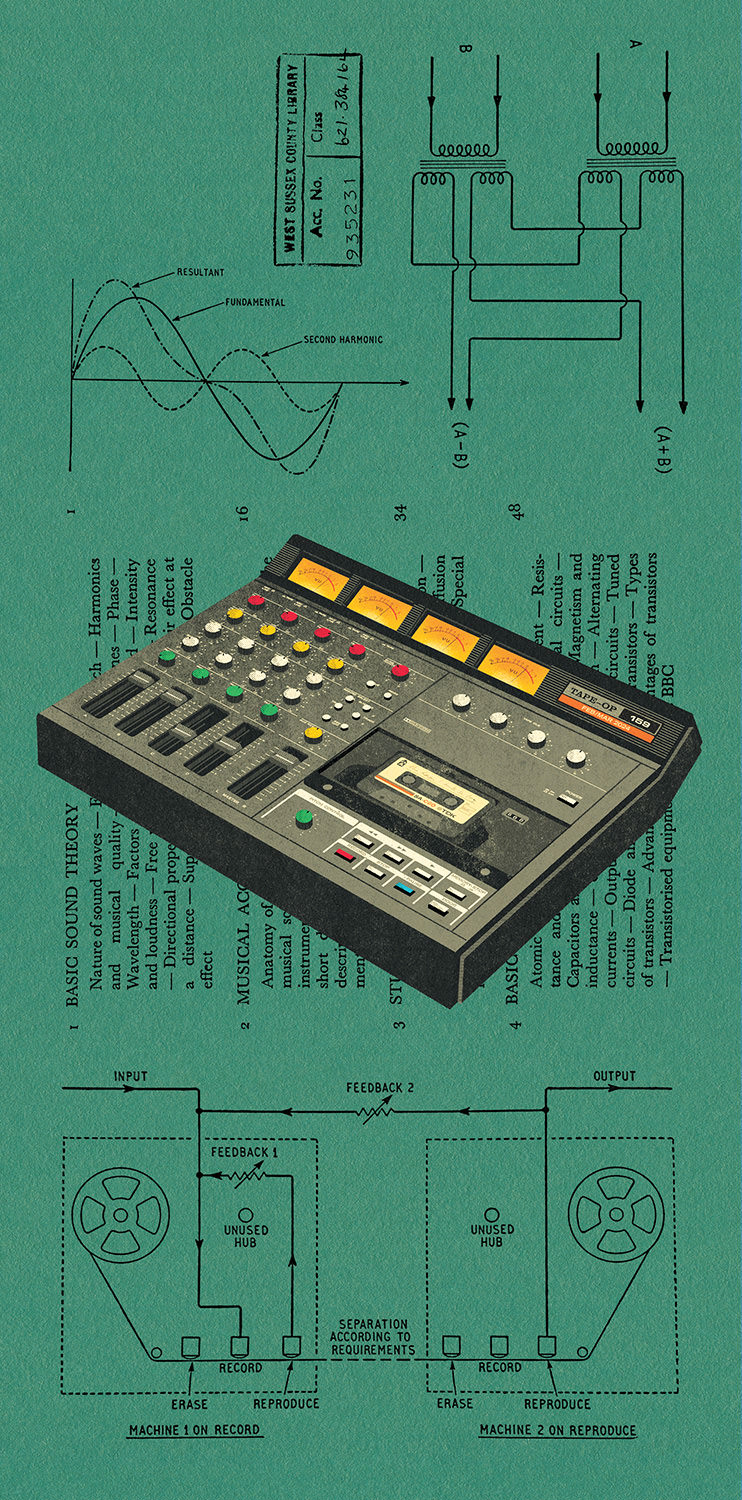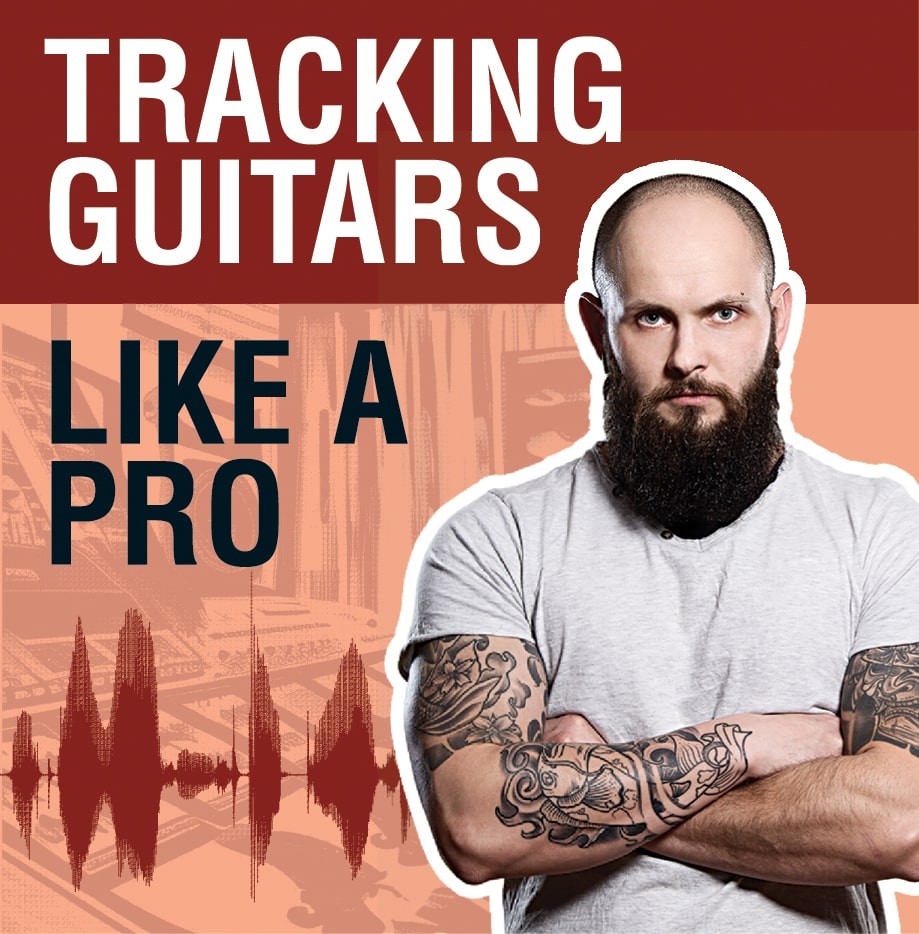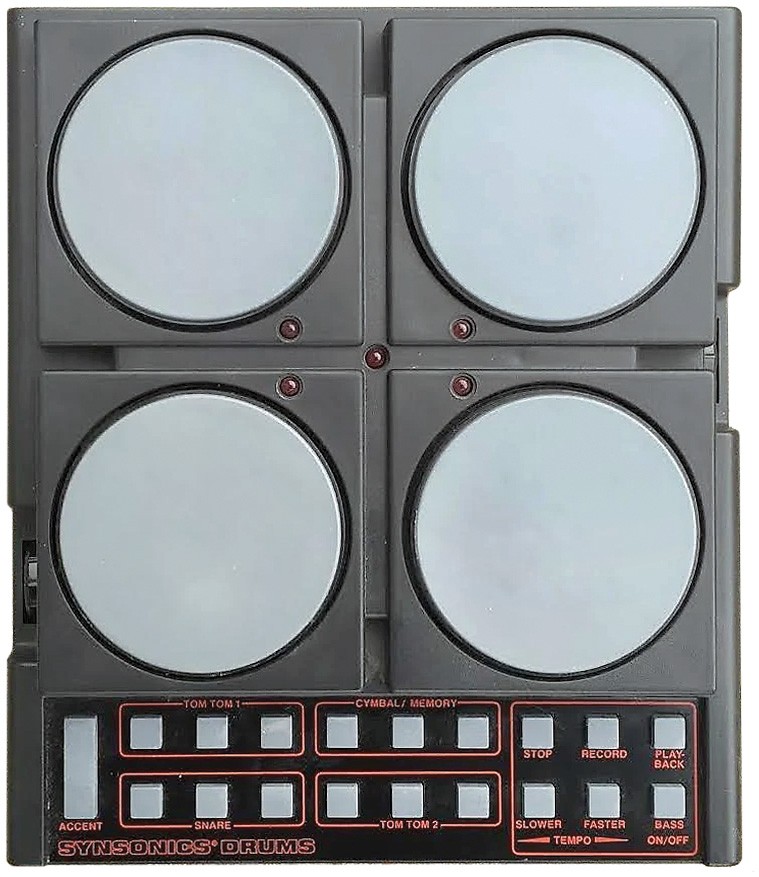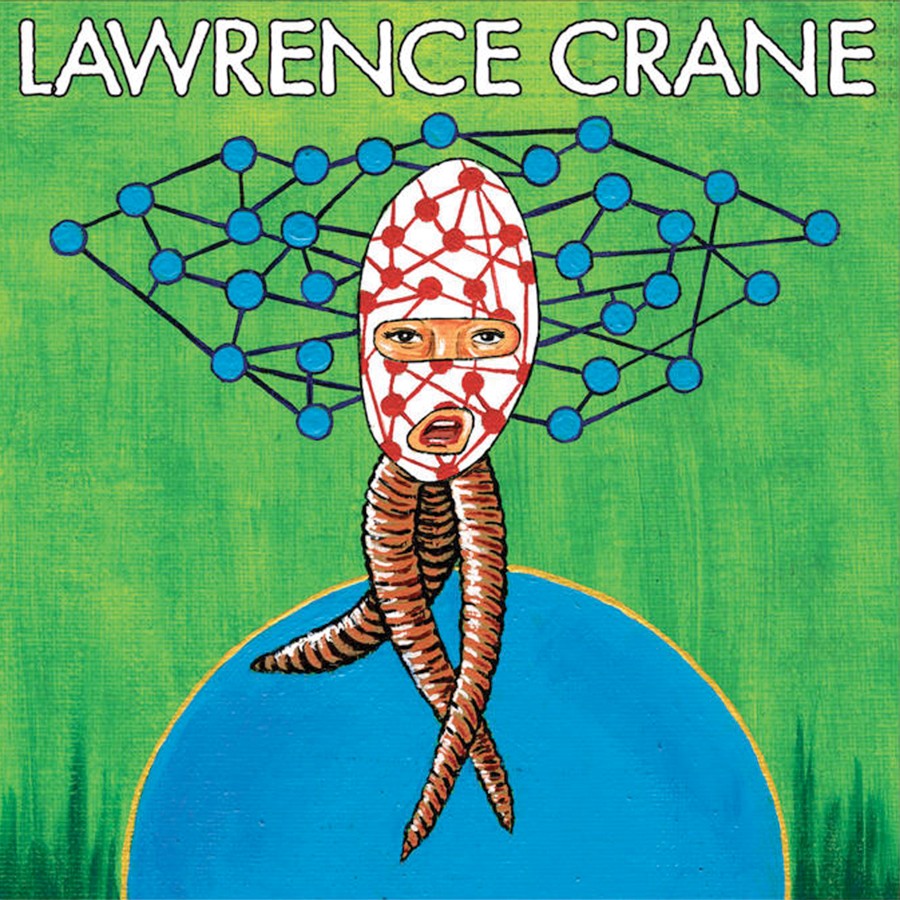My recording career did not begin in a professional studio. It began in high school, with a pile of cassette decks, cables, homemade oscillators, Casio keyboards, and cheap microphones strewn across a table in my upstairs bedroom/loft. For remote sessions, I recorded my friends with a boom box in the park. In order to expand my sounds, I sometimes borrowed 4-track cassette recorders, basses, steel guitars, Mattel Synsonics Drums, Maestro Echoplexes, and Roland synthesizers from friends. I tracked, overdubbed, edited, and released a number of cassette albums on my Pink Noise Cassettes label. There were many other people like myself making records on minimal equipment simply because they wished to express themselves. Many, like me, were making music that was not commercial in any sense. But others I traded tapes with would occasionally be working with traditional song structures and more recognizable genres. Sure, their releases didn't sound as polished as major label LPs done in expensive studios, but if the songs were good and the artist was putting themselves out there, the music could find and build an audience. Songwriters and home recordists like East River Pipe [Tape Op #1], R. Stevie Moore [#84], Linda Smith, Daniel Johnston, and Chris Hickey [#81] let the limitations of their recording setups determine, or even dictate, the sound of their music. Hell, Neutral Milk Hotel's records [Tape Op #11] were produced by Robert Schneider [#2, #155] on 4- and 8-track and sound nothing like most pop music – let alone indie rock – yet the album In the Aeroplane Over the Sea has sold over 400,000 copies.
Was that hindered by not sounding “professional”? I'd say the album only benefitted from sounding unique, authentic, and striking.These days I see multitudes of YouTube "tutorials" and online sites claiming to explain how the "pros" get "killer" results, and that you too can jump on the bandwagon and make "next level" recordings just like all those professionals out there. I witness articles that seem more concerned with belittling amateur recordists for "doing it wrong" and urging them to buy products instead of educating them and helping them along with what they already have. I've visited home studios that have spent more on plug-ins than microphones and stands, and no, they weren't creating EDM music in the box. I've spent hours trying to undo incredibly poor mic'ing done by folks trying to mimic some overly complicated video tutorial. I've deleted insane amounts of plug-ins from mix sessions that were all inserted because someone had fallen for an online mix course that didn't fit their style of music or the sounds they were working with, and in every case the music began to sound better the more plug-ins I removed.
Decades on from my initial home recordings I own a studio full of fancy recording equipment. Do you think I ever walk in there and say to myself, "I'm a professional and I get pro sounds"? No! Like any other producer worth a shit, I get to work and I do what is appropriate for the artist and the song. That might mean having them sing into a Shure SM58 after first trying a Telefunken U 47. It might mean that we track the drums with three mics because it feels better that way. I just mixed an album off 8-track cassette, and it was totally fun because it sounded different. When I listen to local "alternative rock" radio, I find that much (most?) of the popular new music is not based around high fidelity sounds, but instead features vocals that are bandwidth limited and distorted, as well as drums built from low fidelity sampled loops, and crunchy sounding synth tones. Even a song with organic, clear, natural sounds might feature a contrasting part that is of a lower fidelity. Are these sounds not professional?
Don't let anyone fool you with "pro" claims. Get the sounds that you need for your music so it can be unique. Remember, no one ever got excited by an album because it sounded just like everything else out there. 